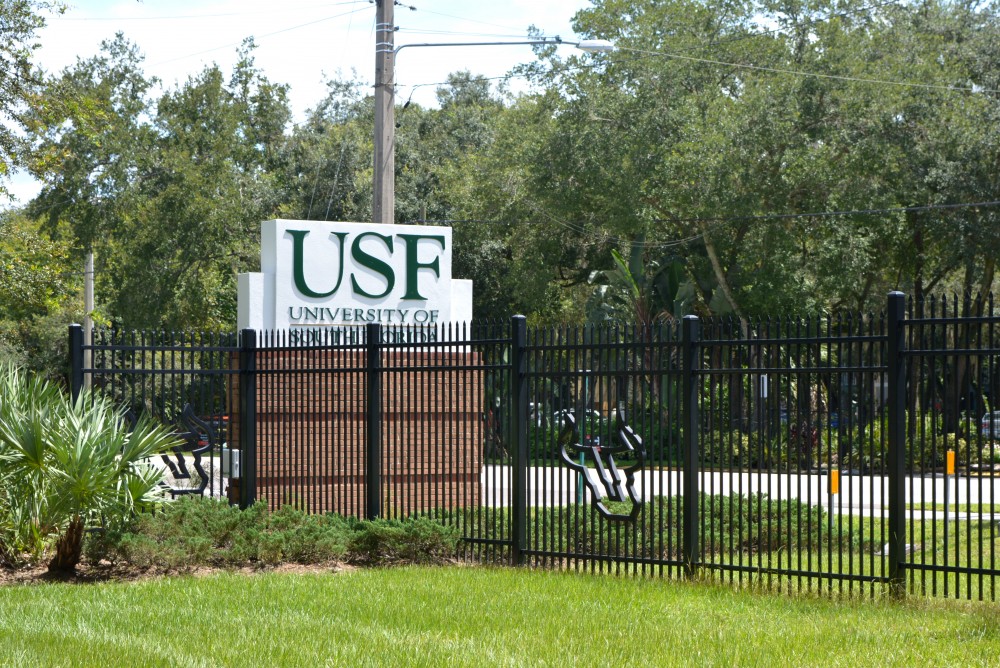As a Project Engineer in DRMP’s Transportation Division, I am familiar with the ins and outs of working under a continuing contract. I have learned that meeting client needs and going above and beyond in providing technical knowledge and expertise gets the project done. But, the real success is in developing a relationship with the client. Under DRMP’s Continuing Professional Engineering Services contract with the University of South Florida (USF) I have been able to work on many projects (approximately 30) since I joined DRMP. Being an USF grad, it has been an honor to serve the very University that helped me achieve my path to becoming a civil engineer. Some of my colleagues, being grads also, and I certainly put our USF Bulls spirit at the forefront of our relationship with the USF staff and it benefits the project delivery process for both teams significantly.
DRMP has worked on many different projects for USF over the course of more than 20 years, a sign of trust and commitment between DRMP and USF. One of the tasks that particularly stood out for me was for DRMP to conduct a campus-wide transportation study. I knew that one of the unique benefits that our project team would be able to bring to this task was our familiarity of the campus premises and functionality with many of us having attended the university as students. This allowed us to have insight as to what areas are most frequently used on campus by students on a daily basis and therefore giving us an early understanding of key campus areas and assets to be reviewed for the project.
The goal of the campus-wide transportation study was to identify, review and provide recommendations for each roadway on campus and evaluate the condition of the pavement, pedestrian features, intersection safety, crosswalk markings, and related costs for each improvement. We conducted several field reviews to cover all major roadways on campus, as well as minor side streets, areas of heavy pedestrian traffic use and select signalized intersections. To assess roadway pavement conditions, we used a software called ArcGIS Survey 123 that helped us collect data and photos via our mobile devices during field reviews. The software uses GIS technology to store location and other relevant field information allowing us to create exhibits indicating the hotspots that are in greater need of improvement. Examples of data collected on-site included pavement cracks, pavement deficiencies, substandard crosswalk features and pavement markings.
The final report included recommendations for roadway improvements and safety upgrades. The data was presented in a comparative table summary format with each roadway ranked from highest to lowest priority in terms of severity of existing conditions and functionality with corresponding cost estimates. The study findings and cost data will assist USF in planning and procuring funding for future roadway, traffic, and safety improvements for its Tampa campus.
It feels great and very rewarding to have an ongoing professional relationship with my alma mater. I have many fond memories of my time as a USF student and knowing that I am contributing toward safety and infrastructure improvements after all these years is a great feeling and something that I use as a motivational tool and driving factor for any and all USF projects with which I am involved. It was also very fun performing field reviews with fellow USF Bulls coworkers sharing our knowledge of the Tampa campus and its premises, as well as fun anecdotes of our time as students.












